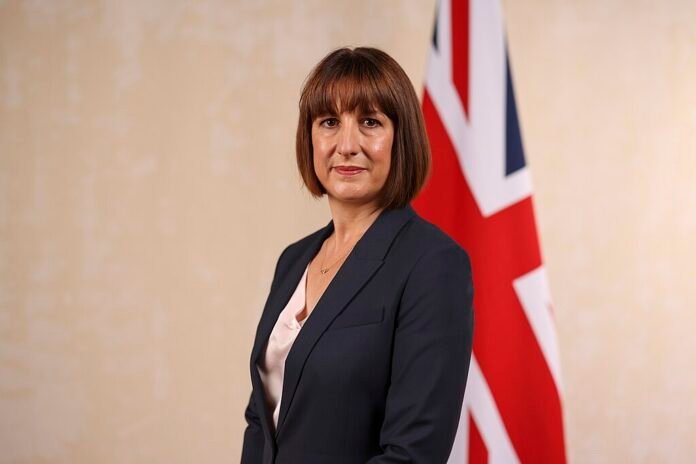NIESR says Reeves faces a £41bn deficit and must raise taxes or cut spending to restore a fiscal buffer
Rachel Reeves will have to raise taxes to close a budget deficit exceeding £40bn, according to the National Institute of Economic and Social Research (NIESR). The thinktank warns that weaker economic growth, higher inflation, and rising costs are set to derail the chancellor’s fiscal plans.
NIESR’s latest forecast puts the current budget deficit at £41.2bn. It says that if Reeves wants to maintain a fiscal buffer of £9.9bn, she will need to find £51.1bn annually by 2029-30 — through higher taxes, deeper spending cuts, or a combination of both.
The thinktank argues that “moderate but sustained” tax rises are the most likely option. It says a 5p increase in the pound on both the basic and higher rates of income tax would fill the gap, though it also recommends a broader review of tax policy and a reform of the Treasury’s budget rules to improve stability in the public finances.
Stephen Millard, NIESR’s deputy director, said: “If the chancellor wants to maintain a buffer of £9.9bn then she will have to find £51.1bn, either in extra taxes or lower spending or both, annually, by 2029-30. To do that requires a moderate but sustained increase in taxes.”
The warning comes as Labour faces growing pressure from MPs and unions over spending. Last month Reeves told ministers that tax rises would be necessary after the government reversed planned welfare cuts, but she did not specify which taxes could be targeted.
Embed from Getty ImagesNIESR points to several headwinds, including Donald Trump’s tariff war, higher debt interest payments, and spending commitments on welfare, defence, education, immigration, and the courts system. It says additional borrowing would risk spooking financial markets, leaving higher taxation as the more politically feasible option.
Possible measures floated by economists include extending the freeze on income tax thresholds and reducing the annual cash Isa allowance. NIESR estimates that freezing thresholds, which would push more taxpayers into higher bands, could raise around £8bn. Increasing the basic rate of income tax to 25p and the higher rate to 45p could close the shortfall entirely.
David Aikman, NIESR’s director, stressed the need for fiscal credibility: “It will be crucial for the chancellor to restore market confidence by demonstrating fiscal discipline. This will require a determined attempt to rebuild the fiscal buffer and that will inevitably involve gradual but sustained tax increases or spending cuts.”
The thinktank expects the Bank of England to cut interest rates from 4.25% to 3.75% by the end of the year, but says the timing will be too late to provide a meaningful boost to economic growth before the autumn budget.
Backbench Labour MPs, emboldened after successfully campaigning against cuts to winter fuel allowance and disability support, are likely to resist any attempts to scale back spending commitments in order to reduce the deficit.
The Office for Budget Responsibility’s spring projections suggested the deficit would fall in the 2025–26 financial year. However, official data shows public finances have already slipped off track, with the first quarter’s deficit coming in at £44.5bn — £5bn worse than forecast.
Conservative MP Mel Stride accused the government of economic mismanagement, saying Labour “always reach for the tax rise lever because they don’t understand the economy.” He added: “Businesses are closing, unemployment is up, inflation has doubled and the economy is shrinking. And Labour are refusing to rule out more damaging tax rises on investment.”
